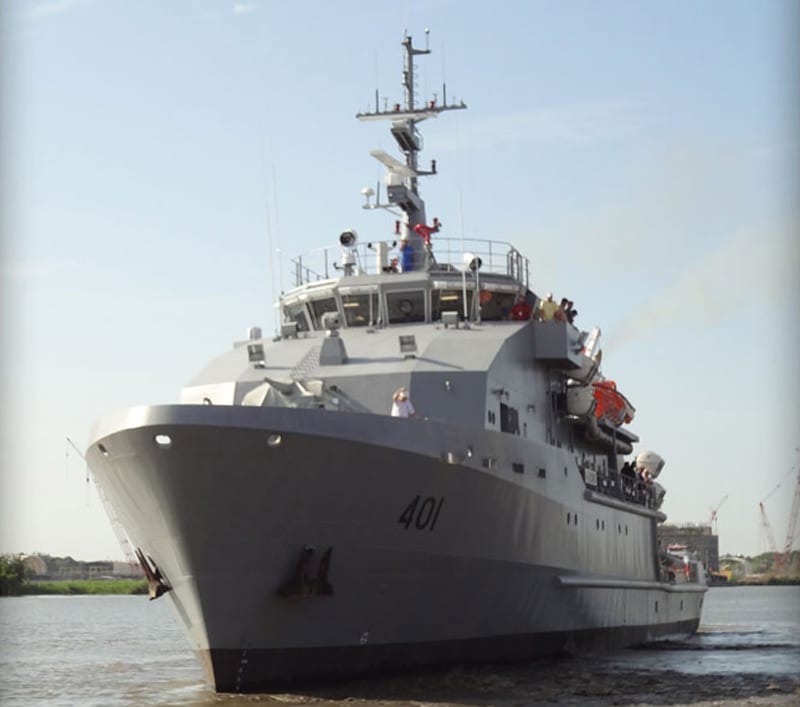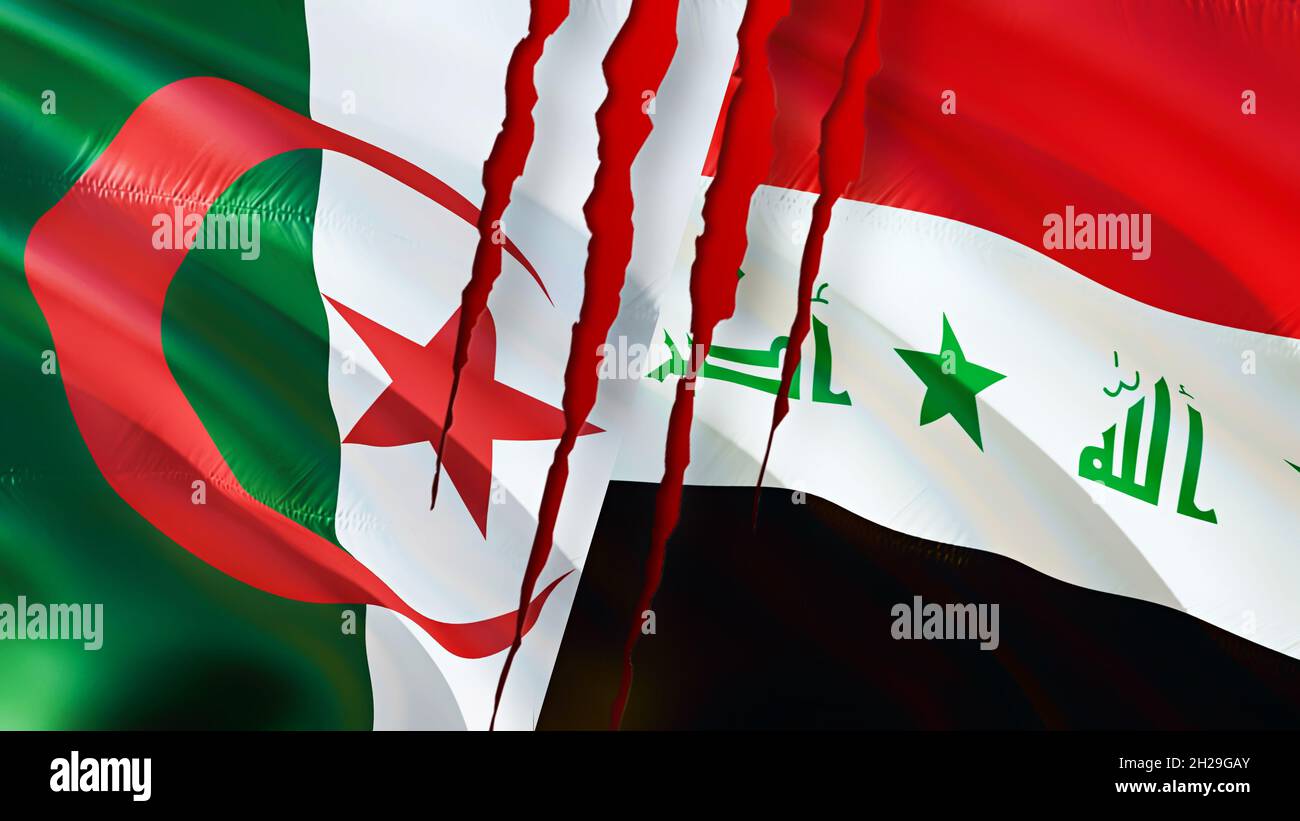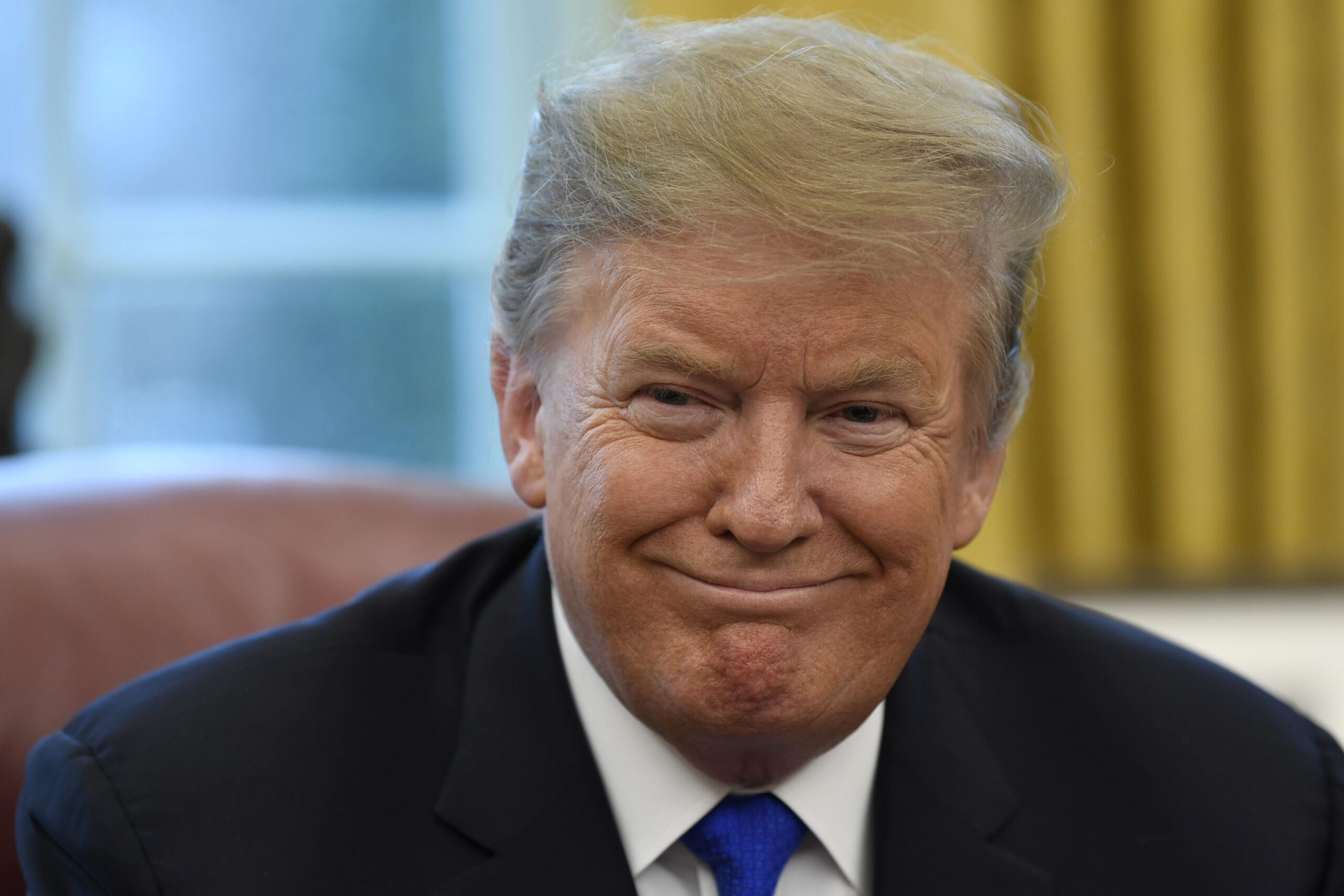
Introduction
The state of Iraq remains a critical topic in global affairs, given its rich history, strategic location, and complex socio-political dynamics. In recent years, Iraq has been at the forefront of numerous challenges, including security threats from extremist groups, economic difficulties, and political instability. The importance of understanding the current situation in Iraq is underscored by its implications for regional stability and international relations.
Recent Developments
As of late 2023, Iraq is navigating a challenging landscape shaped by both internal and external factors. Political tensions have escalated since the national elections held in October 2021, which saw significant disputes over the results and subsequent government formation delays. Prime Minister Mohammed Shia’ al-Sudani’s administration has faced criticism for its handling of corruption and public services, leading to protests in various cities.
Additionally, Iraq is grappling with the remnants of ISIS insurgency. While the group has lost territorial control, it continues to conduct sporadic attacks, particularly in rural areas. The Iraqi government, with support from international partners, is striving to enhance military capabilities to counter these threats effectively.
Economic Challenges
The Iraqi economy heavily relies on oil exports, which constitute over 90% of government revenue. Fluctuating oil prices have therefore posed significant risks to economic stability. In 2022, crude oil prices surged, offering a temporary boost, but the ongoing global energy market volatility continues to threaten long-term planning.
Inflation rates have also been climbing, impacting the purchasing power of the population. The economic situation is exacerbated by widespread unemployment and inadequate public services, compounding the frustrations of everyday citizens.
Conclusion
The significance of Iraq in the regional context cannot be understated, and its ongoing turmoil carries ramifications not just for its own stability but for neighbouring countries as well. Forecasts indicate that continued international engagement will be necessary to support democratic processes and security reforms in Iraq. As the government attempts to reconcile internal divisions and tackle economic hardships, the prospect of enduring peace and prosperity hinges on the collective resolve of its leadership and society. Readers should remain attentive to developments in Iraq, as the outcomes will influence broader geopolitical dynamics in the Middle East.
You may also like

Boris Johnson: A Look at His Current Political Landscape

Iraq vs Algeria: A Clash of Football Titans
